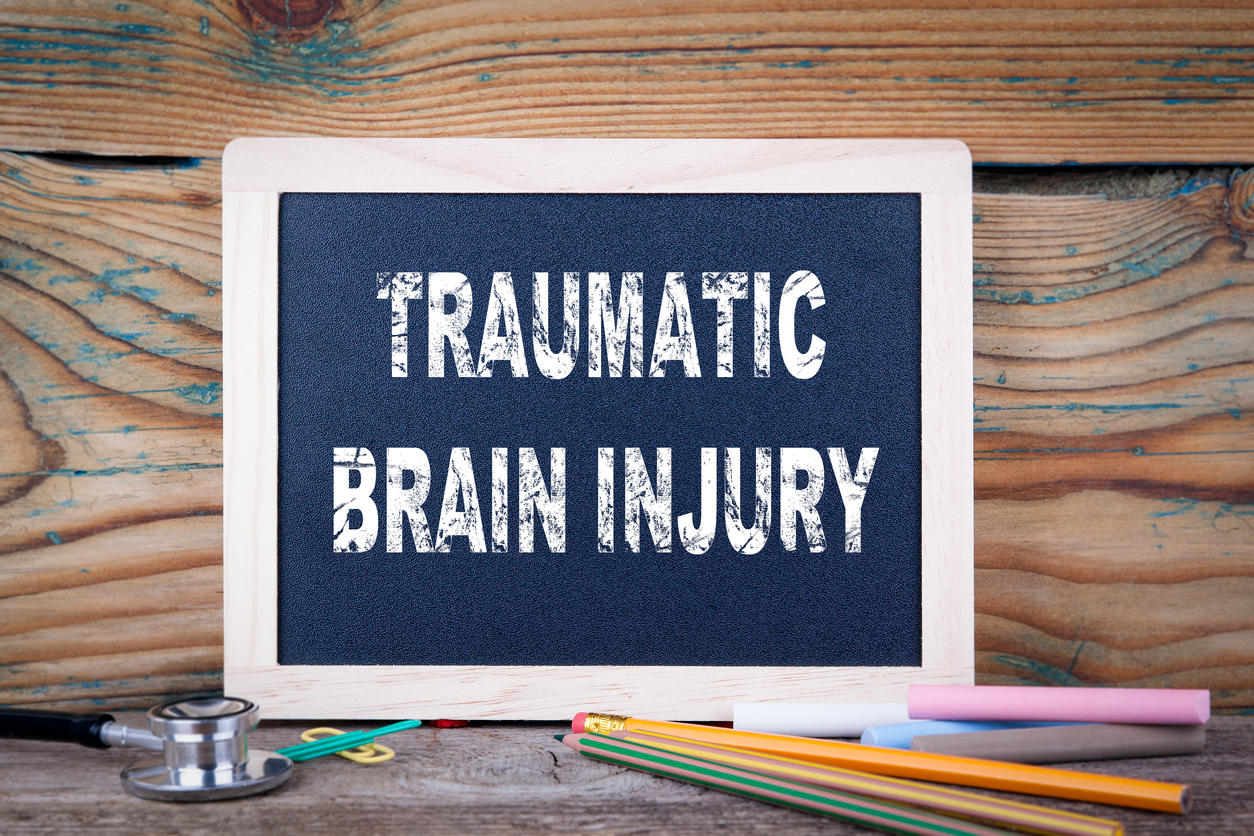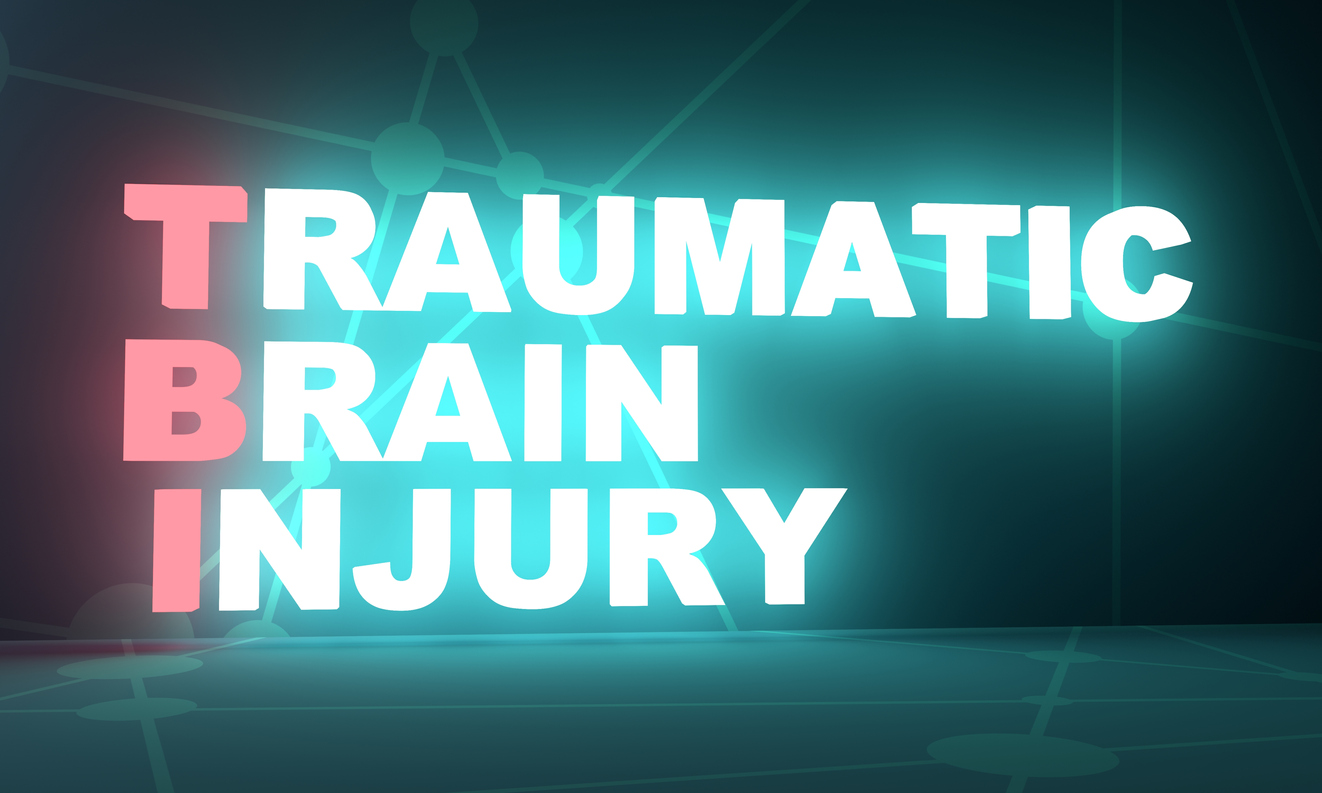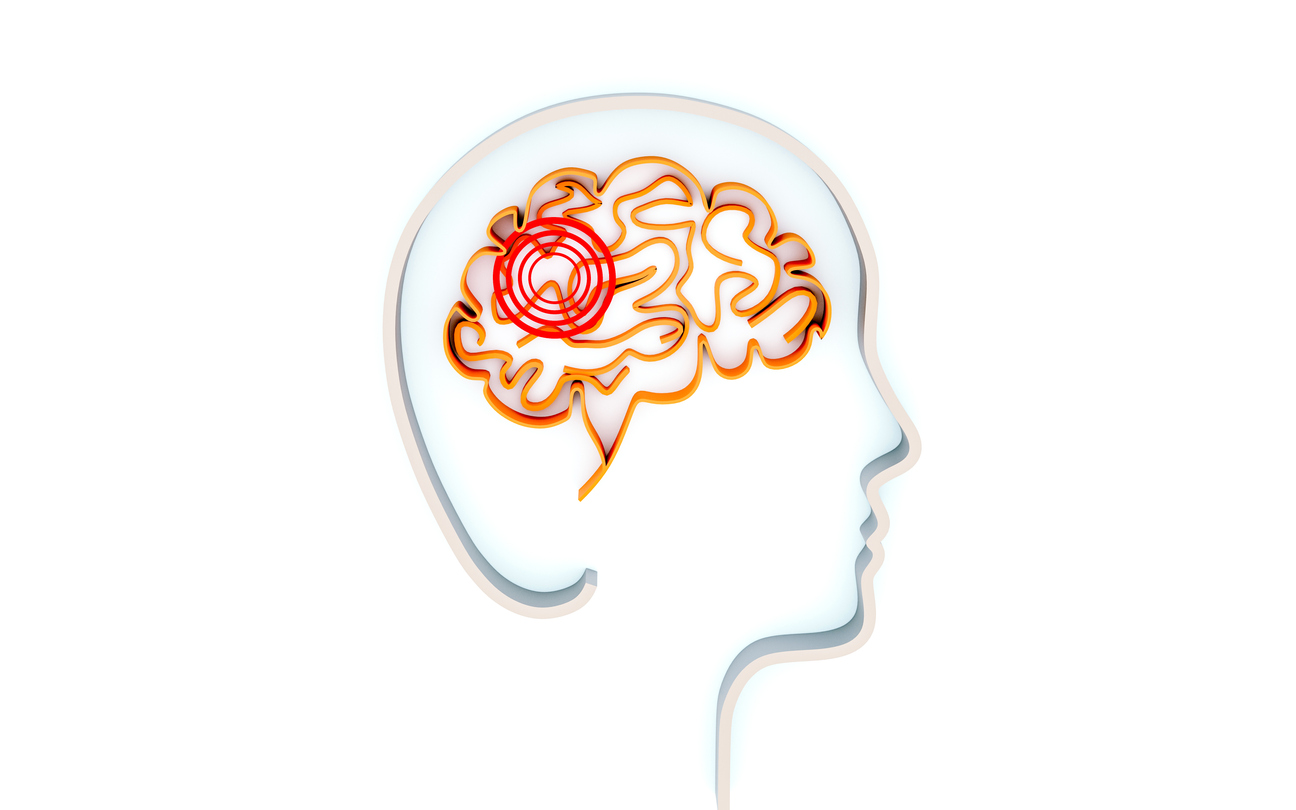Pain
Severity Classifications of a Traumatic Brain Injury

What is a traumatic brain injury?
A traumatic brain injury (TBI) is a type of brain damage that occurs as a result of an injury to the head. This type of injury may be non-penetrative, such as a blow to the head, or penetrative, such as a gunshot wound. The severity of a TBI depends on various factors, and the lasting effects can range from a few days to permanent brain damage or, in severe cases, death. A concussion is the most common type of traumatic brain injury.
Severity classifications of a traumatic brain injury
The effect that a traumatic brain injury has on brain function is typically classified as mild, moderate or severe. Any TBI, regardless of the severity level, requires prompt medical attention.
Mild traumatic brain injury
Mild TBI’s or concussions are the most common type of traumatic brain injury. This may present with loss of consciousness for less than 30 minutes and confusion for approximately one day following the injury. However, many people with a mild TBI do not lose consciousness. Most people fully recover from a mild TBI.
Moderate traumatic brain injury
A moderate TBI causes loss of consciousness for more than 30 minutes, but less than one day. Confusion associated with the injury may last up to one week. Other symptoms may include a persistent or worsening headache, seizures, slurred speech, loss of coordination, and vomiting.
Severe traumatic brain injury
A severe TBI typically results in loss of consciousness longer than 24 hours. This type of traumatic brain injury will be visible on a CT scan or MRI of the brain. The symptoms of a severe TBI are very similar to those of a moderate TBI.



















